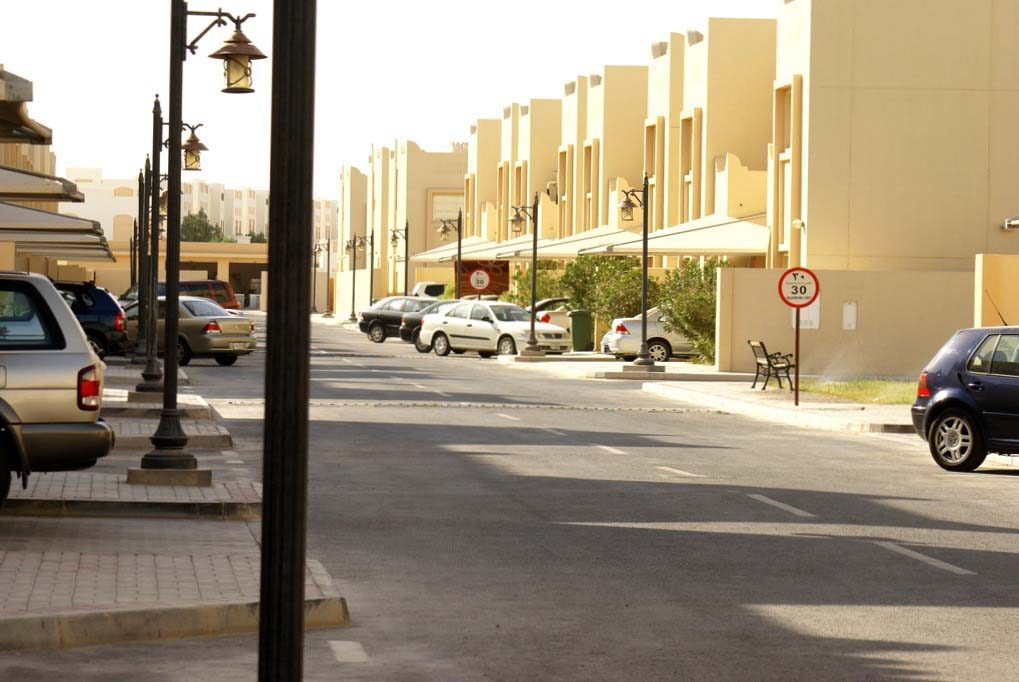
For the first time this year, Qatar’s consumer price index has seen a slight drop, according to official government figures that track the cost of living here.

Despite ongoing rent increases, the consumer price index for June fell 0.1 percent compared to the previous month. The CPI is a defined basket of everyday goods and services that reflect real-time prices.
But the overall cost of living still went up 2.8 percent since last June. The main driver was continuing increases in housing rent, which showed a rise of 7.4 percent from the same month last year.
The cost of furniture, furnishings and home goods has also increased nearly 5 percent since June last year.
Monthly trends
Qatar’s official statistics authority, the Ministry of Development, Planning and Statistics, tracks the costs of a range of items each month.
Its figures for June this year show that, compared to May:
- Prices for clothes and shoes fell by 2.6 percent;
- Entertainment, recreation and culture costs dropped by 0.9 percent; and
- There was a 0.1 percent drop each in furniture, textiles and home appliances and for miscellaneous goods and services (which usually account for items including hairdressing and toiletries).
The cost of medical care remained the same as in May.
However, the price of rent, fuel and energy in Qatar continues to climb month-on-month, as the figures showed a 0.6 percent increase for June.
Also on the rise was the cost of food, drink and tobacco – up 0.2 percent since May, and transport and communications, which was 0.1 percent more expensive in June than the previous month.
Rent increases
Rent is the biggest single expenditure facing most Qatar residents. A recent survey by the MDPS found that it took up one third of the average expat’s monthly outgoings, an expense that continues to rise.

Earlier this year, QNB forecast that an increase in land prices would put further pressure on property rentals, and projected rent hikes again in the latter half of this year.
With rental contracts often being renewed in the summer, and a new influx of people coming into the country, fall is a common time for rents to rise.
The continuing burden of the cost of property is a key factor in encouraging some people to move out of the city, to look for cheaper accommodation.
In a housing survey conducted by Doha News last year, many residents said their employer-provided housing allowances were not keeping pace with the true cost of renting.

For some, the chance to pay less in rental by moving to the suburbs or other towns, coupled with escaping Doha’s traffic, is an attractive prospect.
And as developments continue in Al Wakrah, Al Khor and other communities, these locations are attracting an increasing number of residents.
A number of international schools are due to open in Al Wakra in the coming months, while Hamad Medical Corporation opened a new, general hospital in the town about 18 months ago. Shops and malls are also opening up.
Like Al Khor, the town will also host a World Cup stadium, which is already under construction and is due to be completed by 2018.
Thoughts?







